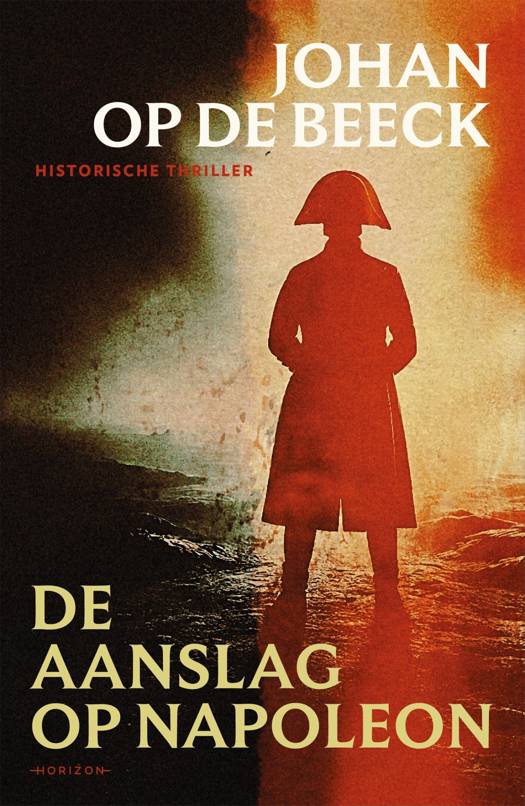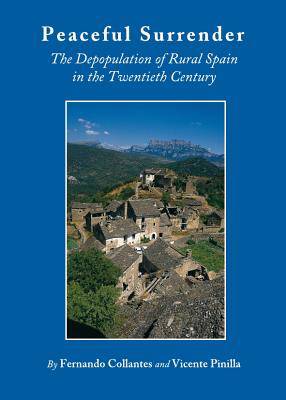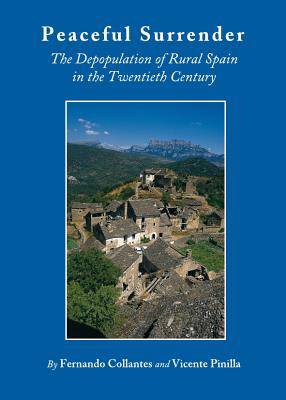
- Afhalen na 1 uur in een winkel met voorraad
- Gratis thuislevering in België vanaf € 30
- Ruim aanbod met 7 miljoen producten
- Afhalen na 1 uur in een winkel met voorraad
- Gratis thuislevering in België vanaf € 30
- Ruim aanbod met 7 miljoen producten
Zoeken
Peaceful Surrender: The Depopulation of Rural Spain in the Twentieth Century
Fernando Collantes, Vincente Pinilla
Hardcover | Engels
€ 115,45
+ 230 punten
Omschrijving
Migration to the cities had been a part of European rural life long before the start of modern industrialisation and urbanisation. In the era of modern development, however, rural-urban migration intensified in an unprecedented way and many rural communities depopulated. While during the pre-industrial period migration had contributed to the economic and social reproduction of rural communities, it now challenged the continuity of the rural lifestyle. This book analyses the topic for the case of Spain, which in the twentieth century experienced one of the most intense processes of rural depopulation in modern Europe. The interaction between Spanish industrialisation and rural migration, the demographic implications of agrarian change, the obstacles to the development of rural non-farm activities, the rural problems of access to infrastructures and services, the role of public policy, and the consequences of depopulation for the rural community are the central elements of this study, which inserts the Spanish case within its European context. Distanced from both the anti-modern stance that idealises paradise lost and the Panglossian mood that welcomes anything that came with modernisation, the book explains how the adaptive strategies put into practice by rural populations led to a peaceful surrender of traditional rural society.
Specificaties
Betrokkenen
- Auteur(s):
- Uitgeverij:
Inhoud
- Aantal bladzijden:
- 215
- Taal:
- Engels
Eigenschappen
- Productcode (EAN):
- 9781443828383
- Verschijningsdatum:
- 1/04/2011
- Uitvoering:
- Hardcover
- Formaat:
- Genaaid
- Afmetingen:
- 147 mm x 208 mm
- Gewicht:
- 430 g

Alleen bij Standaard Boekhandel
+ 230 punten op je klantenkaart van Standaard Boekhandel
Beoordelingen
We publiceren alleen reviews die voldoen aan de voorwaarden voor reviews. Bekijk onze voorwaarden voor reviews.











